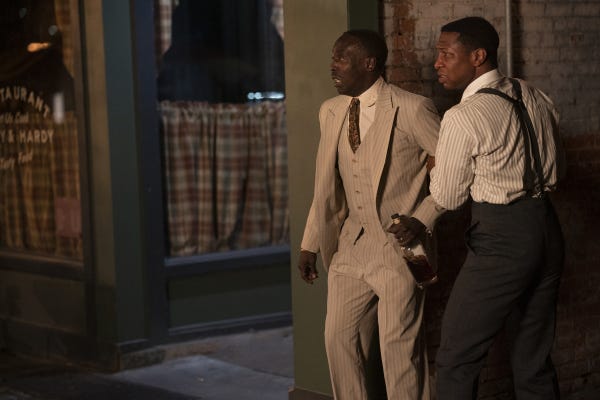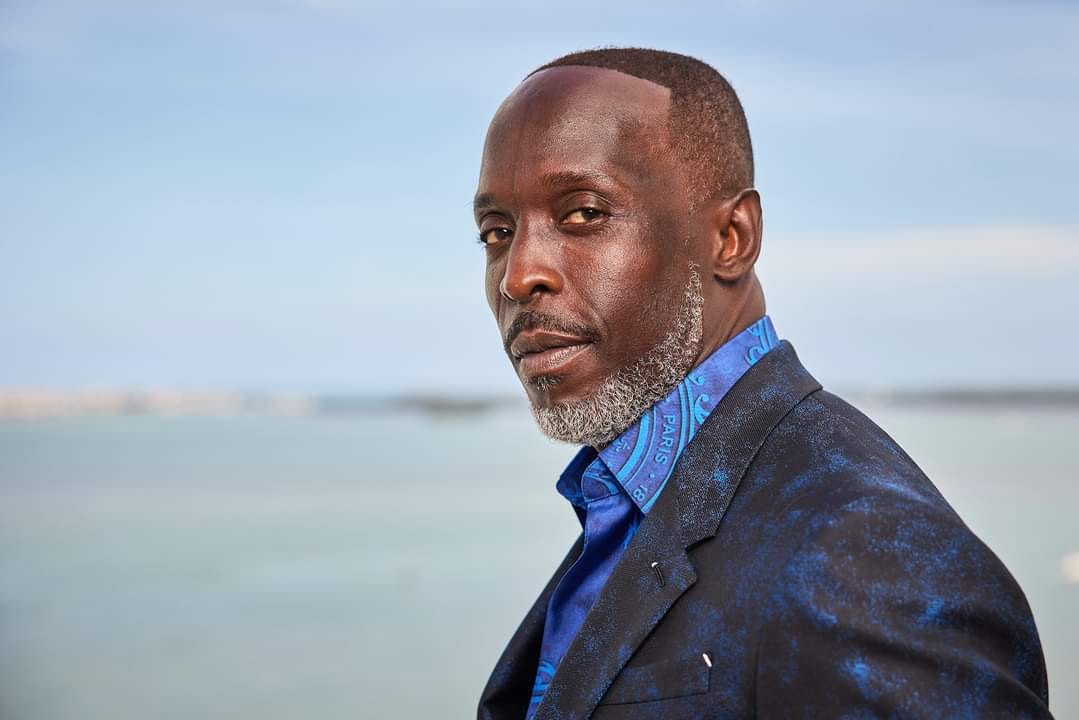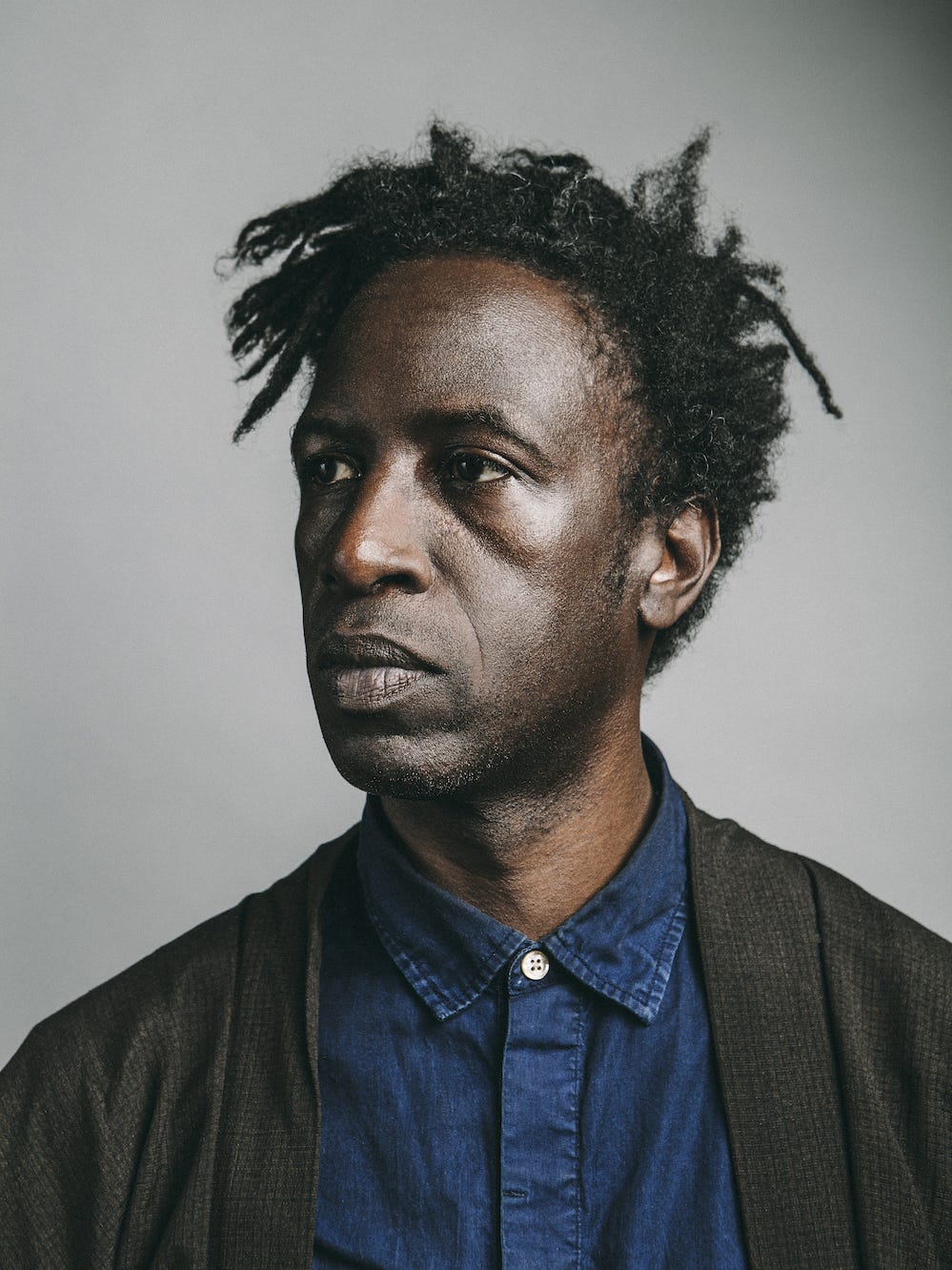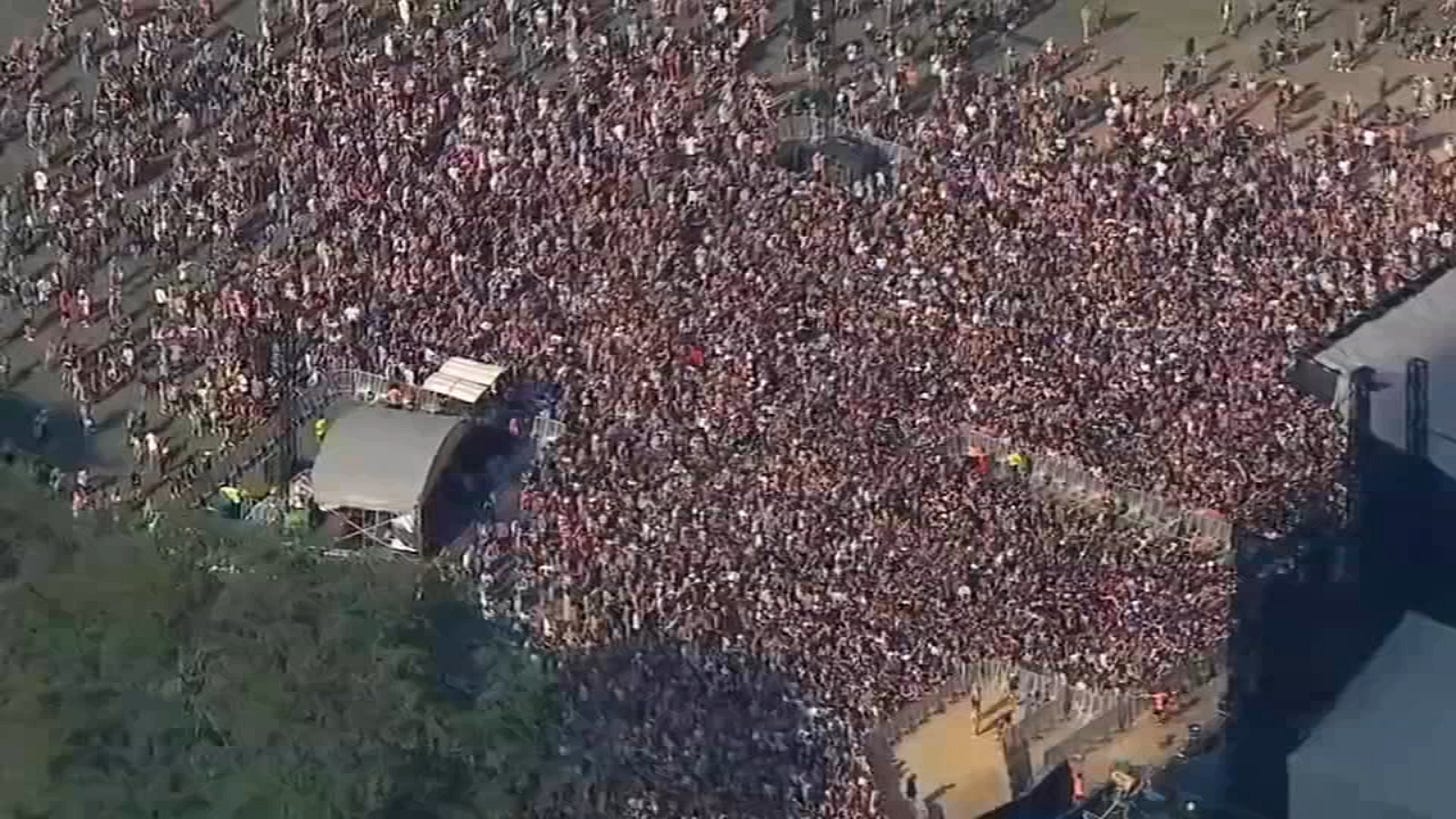With a nod to Peter Abelard's “Sic et Non," if it's Tuesday, then it's time for the Hobbservation Point's "Yes" or "No" analysis of the hottest headlines.
1. Do the deaths of celebrities that you never met impact you?
Yes!
News yesterday that acclaimed actor Michael K. Williams was found dead in his New York City Apartment left me with the same deep and profound sense of sadness that I have felt through the years whenever family members and close friends have transitioned to the realm of the ancestors.
Williams sealed his status as one of the greatest actors of my generation through his portrayal of the openly gay, tough as nails, universally feared, philosophically witty stick up man Omar Little on HBO's The Wire, a show that has been hailed by many critics as the greatest television series of all time.

But my love for his talents reached even higher heights during his four season run as Chalky White, the wealthy Black prohibition era gangster in HBO's "Boardwalk Empire" who forced a measure of equality during the unequal Jim Crow era through his sheer intelligence and will. There are so many Chalky White scenes that stand out, but perhaps the most haunting is the following short clip when Williams, through White, captures the essence of colorism and classism among Black folks barely 60 years removed from slavery:
During his career, Williams amassed five Emmy nominations, including nods for his role in Bessie, and another for his part in The Night Of; Williams also won a SAG Award for best ensemble along with the entire cast of Boardwalk Empire.
As time goes by, the entire "where were you when" question takes on greater meaning each time I log onto the Facebook app or check the news headlines to see that yet another celebrity, kinsman, or friend are no more of this Earth. Where celebrities are concerned, I remember exactly where I was when I learned that Michael Jackson died in 2009 (eating at The Village Inn), what I was doing when I learned that Whitney Houston died in 2012 (heading to sleep), and where I was going when I learned that Prince died in 2016 (en route to visit a client accused of murder in Live Oak, Florida). That each of these stars was only in their 50’s when they died is disconcerting; that each struggled in private with addictions to substances—and died from those addictions—reminds me that no measure of fame or fortune can change the fact that celebrities are merely human and in their humanity, fraught with the same insecurities and vicissitudes that define our collective experiences.
Michael K. Williams, 54, suffered from similar addictions, and while the "why" of his death will be greatly reported once the coroner's office issues its report, methinks it far more important to note how Williams lived—and the impact that he made on colleagues, friends, and millions of fans across the world.
My Morehouse classmate (and acclaimed singer/actor) Saul Williams weighed in via Twitter and said: For years Wikipedia listed Michael K. Williams as my brother. Neither one of us chose to correct it, instead we took it at its word. 'We're brothers, yo.' He shared poems with me. We broke bread & kicked it whenever we could. A deep & sincere connection. A beautiful spirit."
Actor Wendell Pierce, Williams' co-star on The Wire, wrote: The depth of my love for this brother, can only be matched by the depth of my pain learning of his loss," he wrote. "A immensely talented man with the ability to give voice to the human condition portraying the lives of those whose humanity is seldom elevated until he sings their truth."
In a 2011 interview, Williams, upon being asked how he wishes to be remembered, said: “Man, I just want people to remember me as one cool-ass dude, you know? Someone who cared. And I would never want anyone to say, ‘Oh, he forget where he came from.’ That would hurt me the most.”
And so he shall be remembered…
Williams never forgot where he came from, as each scene in each movie or show that he appeared in resonated with an authenticity that comes from someone who has seen it all—and can convey it all through words, a glance, or silent tears. This last part was captured most brilliantly by Williams through his character Montrose Freeman in HBO's Lovecraft Country, when through time travel, viewers were transported back to the 1921 Tulsa Massacre and watched in gripping horror as Blacks were beaten, bombed, and killed by jealous white mobs with Williams, almost in a trance, narrating the event from the perspective of his character. For those who missed it, Rolling Stone magazine touches upon the most salient part in the article linked here.

For those of us who will miss Williams, the beauty of artistry is that the mortal artist may die, but the immortal art remains to entertain and educate until the end of all time.
Find rest, Brother Williams—and thank you!
2. Are Americans maturing with respect to fighting the Coronavirus?
No!
It is important to note that experts have opined that the Coronavirus will never fully go away, but will become less deadly over time. While that's good to hear, one of the reasons that the virus remains a problem in the present is because far too many people refuse to get vaccinated, wear masks, or practice safe social distancing.
As I watched college football this past weekend, I saw 80,000 overwhelmingly maskless fans at the Alabama vs Miami game in Atlanta; 68,000 mostly maskless fans at the Notre Dame vs Florida State game in Tallahassee; 85,000 mostly maskless fans at the Florida vs Florida Atlantic game in Gainesville.
I raise these three games in particular because the Deep South is ground zero for the worst numbers from the latest Coronavirus surge, and the State of Florida has seen almost as many deaths from the disease over the past week (2,345) than all of the U.S. military deaths from 20 years in Afghanistan (2,448)
It is a shame that educational leaders at public universities have not universally demanded that those who attend their games must show proof of vaccination or a negative Covid test from the past 72-hours to gain admission to stadiums. Such measures were required at the Chicago Lollapalooza Festival this summer that had more than 300,000 patrons and so far, fewer than 300 Covid infections from patrons.
Sadly, too many of the college powers that be are more concerned about profits than the safety of patrons, students, and the players and coaching staffs at the games.
3. Should ESPN show the halftime shows of Black College football games!
Yes!
Black College football is great, but Black College marching band halftime shows are quite often much greater!
Having grown up in Tallahassee a fan of the Incomparable Florida A&M University Marching 100, I remember as a kid noticing how the Bragg Stadium stands would fill up right before halftime, and that a large exodus often happened after the 100rd exited the field at the start of the 3rd quarter. The same holds true at most Black Colleges as band pageantry, which in the modern era includes the Honda Battle of the Bands and similar events, is a valued part of Black culture.

So, the simple answer is "yes," ESPN should limit commercial breaks during halftime and ask announcers to talk less—and listen more—to these iconic ensembles.
I would be remiss, though, if I did not remind that back in the day, BET used to get this right during its Black College Game of the Week; it's a shame that by selling to Viacom, that BET Founder Bob Johnson sacrificed the ability to showcase our schools in all of their game day glory. Check out the YouTube clip of the 100rd in 1988 at the Circle City Classic game against Jackson State aired on BET:
While we can't turn back the hands of time, perhaps the social media dragging that ESPN is receiving will compel them to give us more of the 100rd, Jackson State's Sonic Boom, Southern's Human Jukebox, and the Tennessee State Aristocrat of Bands in the weeks ahead!
Thank you for subscribing to the Hobbservation Point. Have a wonderful Tuesday!









Beautifully written and heartfelt. Yes! I feel a sadness when celebrities pass as I feel as if I know them. Indeed it's a similar queasiness I feel when family or friends pass. Too many, too soon....but I also believe God's will is superseding.
Michael K. Williams was a present artist and the range and volume of his work will forever be appreciated. My goodness, I felt the same when we lost Chadwick Boseman.
You’re right Chuck - it’s how Michael K Williams lived his life not how he died that matters…